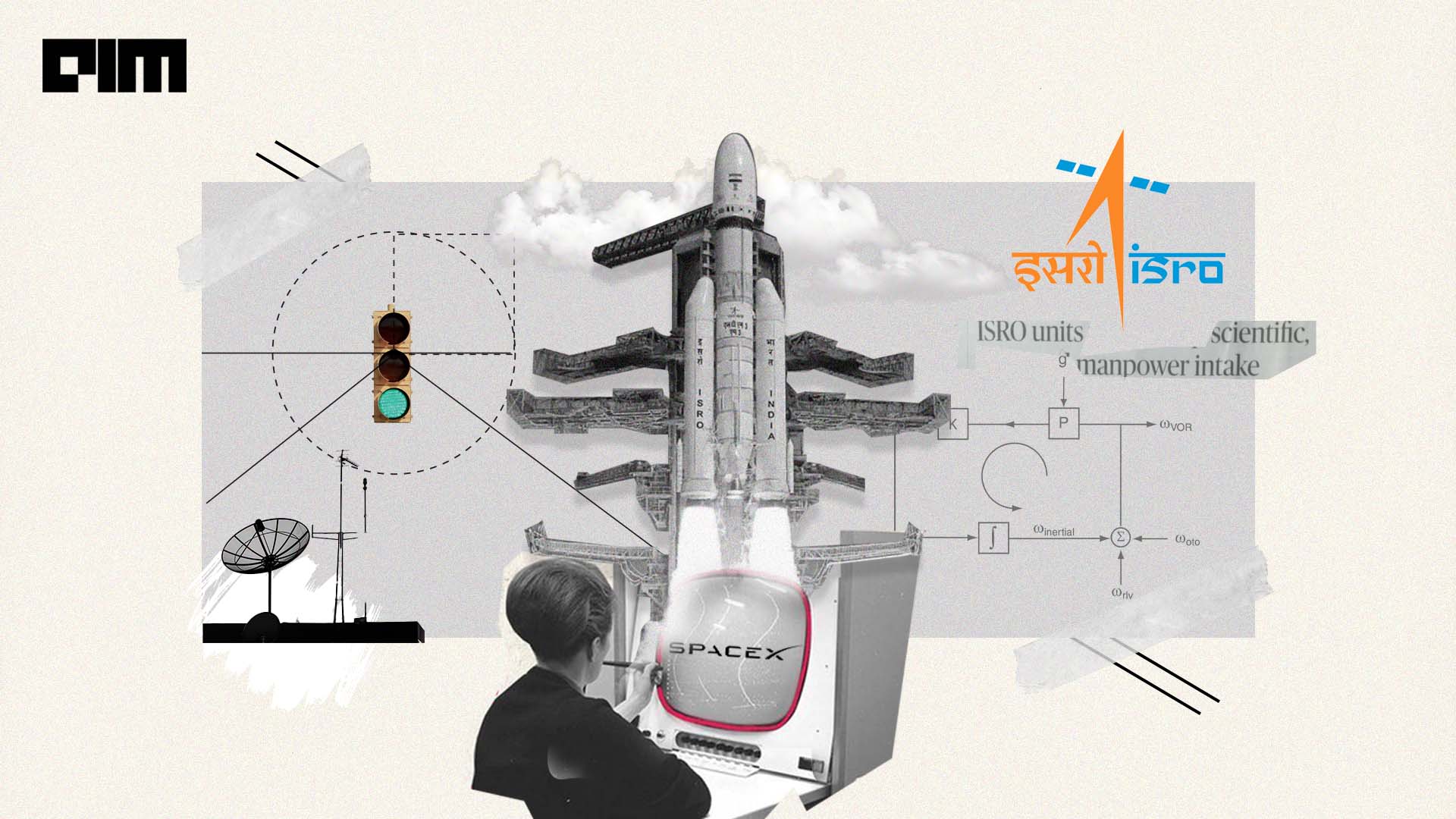The Indian Space Research Organization (ISRO) has joined forces with SpaceX to launch the GSAT-20 communications satellite, weighing 4.7 tonnes, using SpaceX’s Falcon-9 rocket. The announcement was made by NewSpace India Limited (NSIL) on Wednesday.
The GSAT-20 satellite is strategically designed to cater to India’s escalating needs in broadband, in-flight and maritime communications (IFMC), and cellular backhaul services, according to NSIL. Renamed GSAT-N2, this satellite will feature Ka-Ka band high throughput satellite (HTS) capacity, equipped with 32 beams for pan-India coverage, extending to the Andaman and Nicobar Islands and Lakshadweep.
NSIL disclosed that a significant portion of the HTS capacity on the GSAT-20 satellite has already been secured by Indian service providers, refraining from disclosing specific details about the buyers.
Read: SpaceX is All About Collaboration
Due to the payload requirements, ISRO opted to utilise SpaceX’s Falcon-9, as its GSLV-Mk3 heavy satellite launch rocket lacks the capability to accommodate the 4,700 kg GSAT-20 in Geosynchronous Transfer Orbit (GTO). NSIL emphasised that the launch is executed under a contract between NSIL and SpaceX.
SpaceX’s Falcon-9, renowned for its robust capabilities, can deploy payloads of up to 8,300 kg into GTO. This marks a departure from ISRO’s historical reliance on French company Arianespace for launching heavier satellites.
Highlighting the satellite’s specifications, NSIL pointed out, “GSAT-20, weighing 4,700 kg, offers HTS capacity of nearly 48 gpbs. The satellite has been specifically designed to meet the demanding service needs of remote and unconnected regions.”
Read: ISRO’s Missions to Watchout for in 2024
As part of space sector reforms initiated by the government in June 2020, NSIL has been tasked with the responsibility to construct, launch, own, and operate satellites to meet user service demands. In June 2022, NSIL successfully executed its first demand-driven satellite mission, GSAT-24, which was fully funded by NSIL, and the capacity onboard was secured by M/s TataPlay.
Currently, NSIL manages and operates 11 communication satellites in orbit, underscoring India’s commitment to advancing its capabilities in space exploration and satellite technology.





























